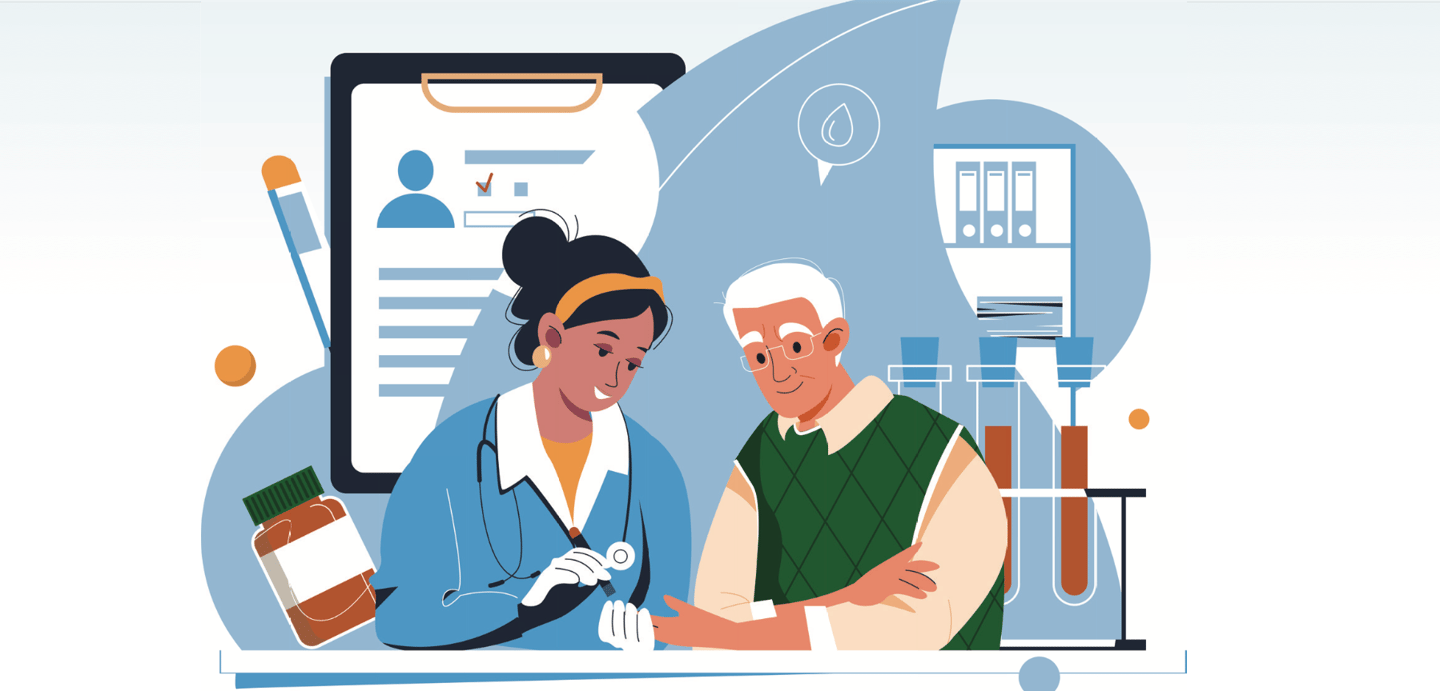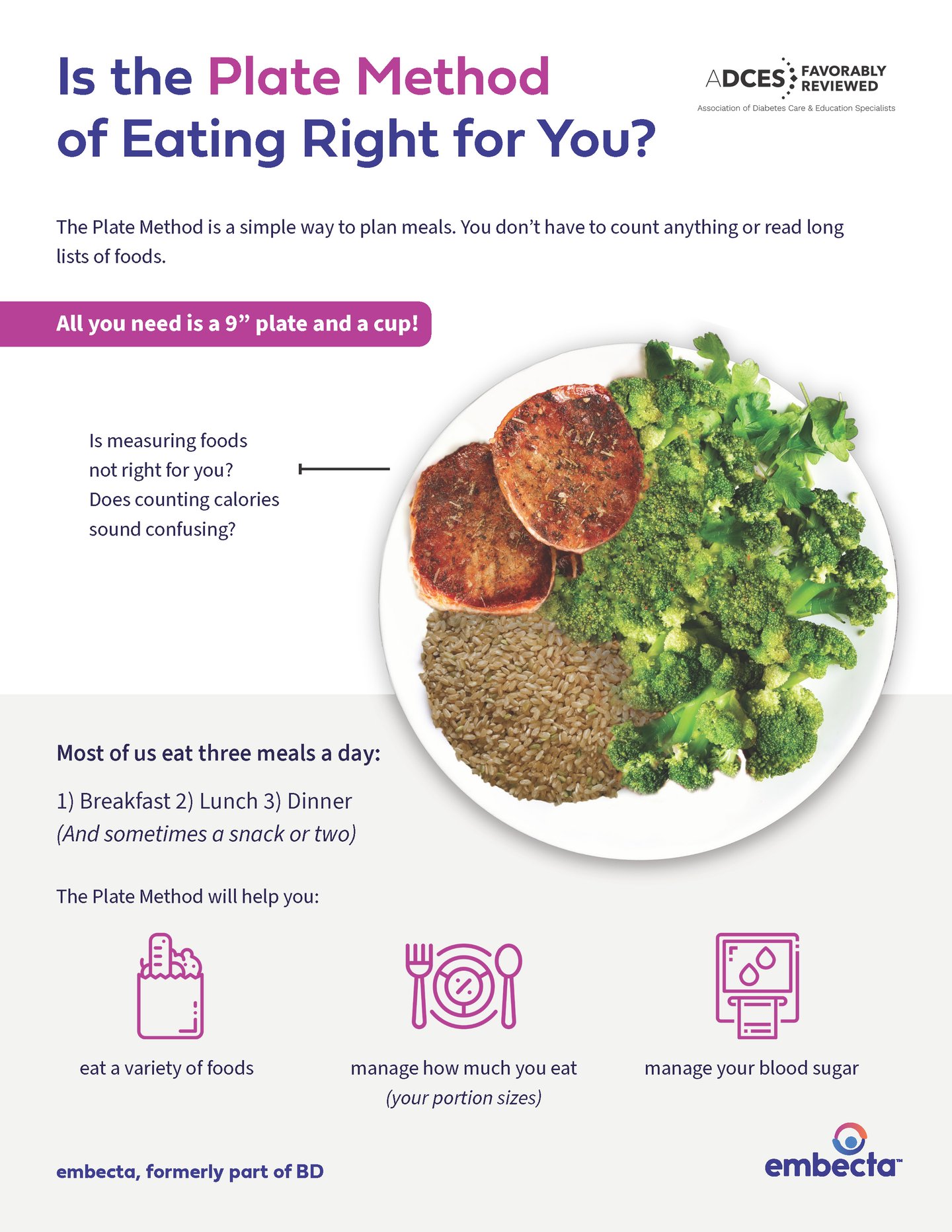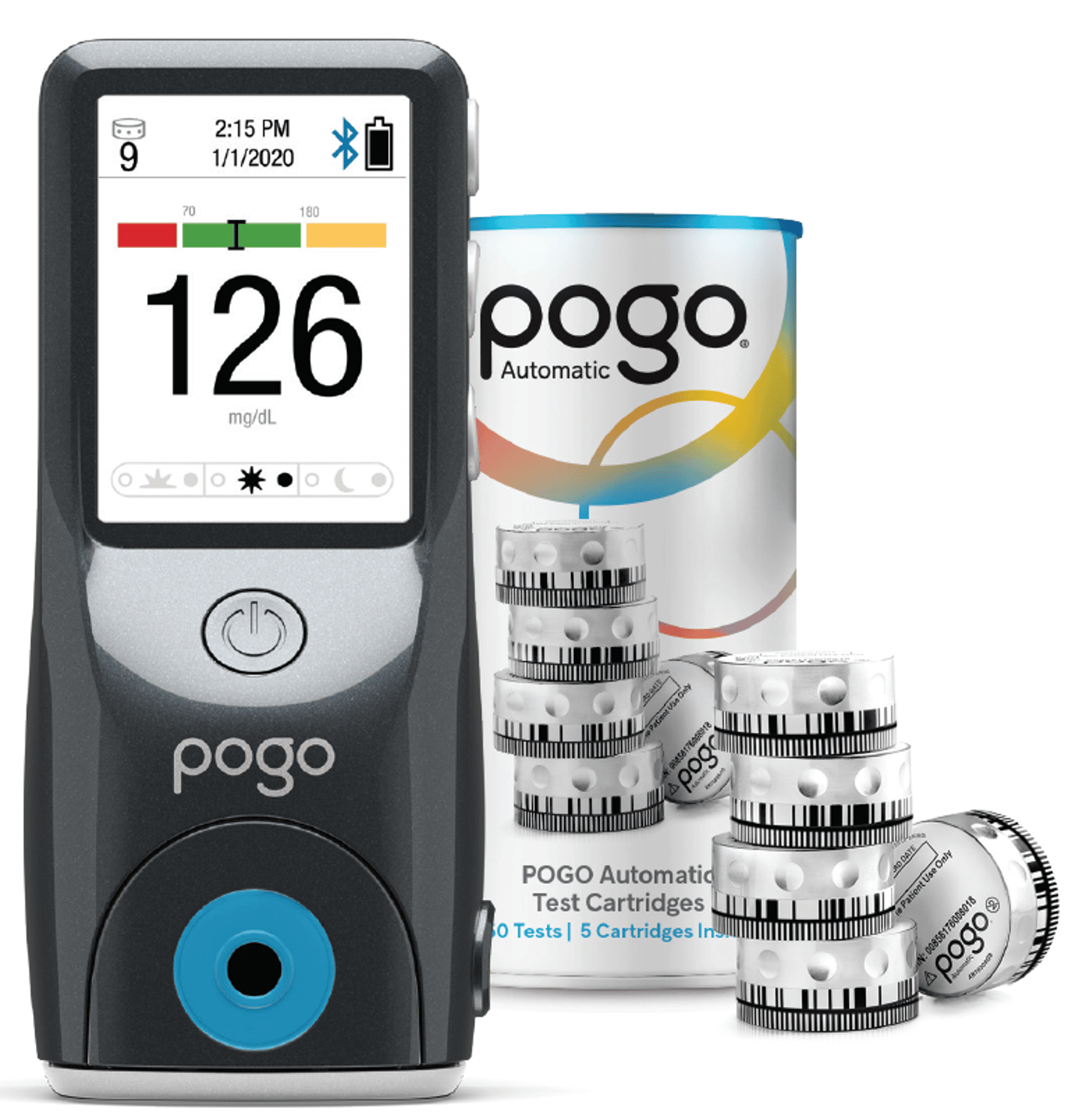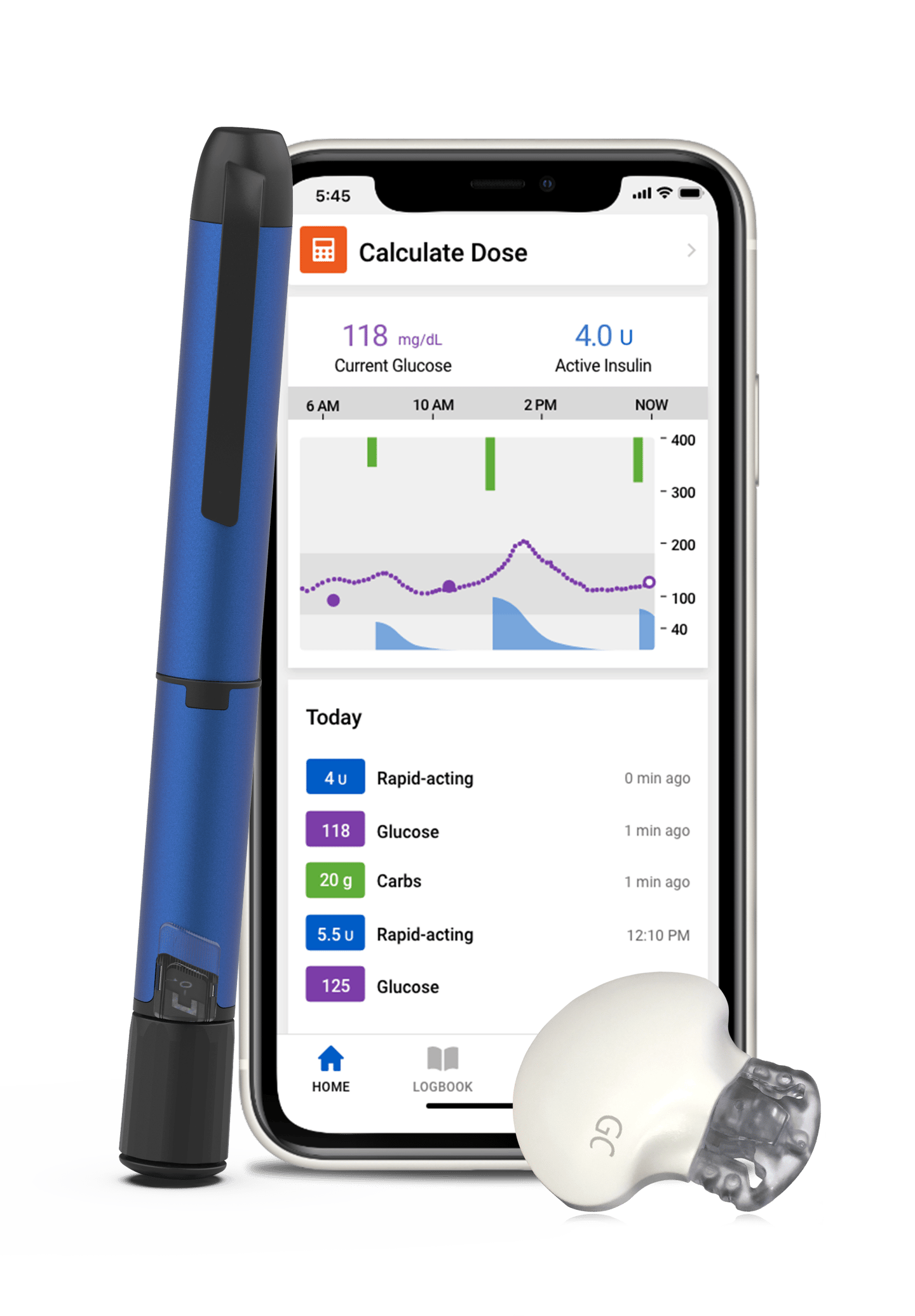Diabetes education is crucial
In recent years, there have been more advances in diabetes care and management than there have been in decades. But the value of tools, medications and technologies is greatly diminished if patients do not know how to use them properly or are not well versed in watching their diet and other aspects that impact their condition.
This is making consumer education crucial. Initiatives include informational leaflets to one-on-one sessions with specially trained pharmacists and dietitians. Community events are also popular. On the technology end, apps, videos, social media, webinars, websites and other tools reach patients wherever they are.
“Effective care of the disease revolves around an educationally centered approach,” said Rashelle Mason, VP of sales, trade and market access at Intuity Medical Inc. “Primary emphasis is on understanding blood sugar levels and comprehending how various activities, medications and foods impact them. While devices and technologies have improved, they alone cannot guarantee successful diabetes management.”
[Read more: Driving innovation in diabetes care]
At retail, education can be a store-wide effort. Hy-Vee’s shelf tags, for example, highlight diabetic and pre-diabetic-friendly foods. “A shelf tag may provide information on how the product has protein and fiber to stabilize blood sugars,” said Elisa Sloss, SVP, private brands.
Both dietitians and pharmacists help patients monitor conditions, added Angie Nelson, SVP, pharmacy. Dietitians’ offerings include classes, health screening events and fairs and speaking engagements. In April, dietitians launched Balancing Your Blood Sugar. The action-based, virtual group program facilitates positive changes through nutrition education, goal planning and discussions. Participants receive pre- and post-program A1C and biometric screenings and four consultations with a dietician, said Sloss. Hy-Vee also offers videos and virtual classes that discuss recipes and meal prep.
Walgreens’ special training gives pharmacists expert knowledge about diabetes medications, continuous glucose monitors, nutrition and maintaining A1C and glucose levels, said Stacey Emmons, director of pharmacy and retail operations. More than 20,000 pharmacists have completed this training. Online, Walgreens Find Care provides patients with in-person and virtual healthcare expertise.
Albertsons Cos. is linking multiple touch points of well-being with Sincerely Health. This digital wellness platform allows shoppers at 16 of its grocery banners to track and meet goals involving nutrition, food, pharmacy services and mental health. Consumers receive points that they can redeem for groceries.
[Read more: Diabetes management gets some high-tech help]
Shoppers can log vitals and medication regimens for improved visibility and control. A “Diabetes Lifestyle” section provides information on prediabetes, meal planning, lowering cholesterol, carbohydrates’ role and basic information about the disease and its management. Albertsons also engages dietitians who help shoppers make appropriate food and recipe choices.
Fruth Pharmacy participates in a state-sponsored program in West Virginia where pharmacists help patients monitor and improve blood sugar and A1C levels. According to Drew Massey, director of pharmacy operations, pharmacists also conduct comprehensive medication reviews for high-risk patients who usually have comorbidities. Fruth educates consumers through health fairs and church events as well. And it educates consumers about different medical conditions each month. October is Diabetes Month.
Like many retailers, it faces pharmacy staffing challenges. “It’s hard to devote personnel,” said Massey. “You’re not going to get a good, sit-down session done in 30 minutes. You also must do the paperwork and enter information into the computer.”
Supplier Initiatives
Among suppliers, many educational initiatives are digital. Emphasis is on disease risks and management as well as proper use of their technologies by both consumers and pharmacists.
Embecta, maker of insulin syringes and pen needles, emphasizes correct product use and nutrition via pamphlets, emails and digital initiatives. Topics include the “plate method” of balancing food groups and recognizing symptoms of hypoglycemia and hyperglycemia.
Kevin Duvall, associate director of strategic customer marketing and a former retail pharmacist, said pharmacists are often too time-pressed to provide comprehensive information. Initiatives close the gap. “How do we provide educational resources?” he added. “For me, it was when patients approached the counter, and you had 20 seconds to talk to them. You try to provide as much information as you can and then give patients something to walk away with as a resource.”
Targeting patients and health care providers, Medtronic Diabetes discusses proper use of devices like its InPen insulin pen and new MiniMed 780G, an insulin pump system whose meal detection technology automatically adjusts and corrects sugar levels every five minutes.
Initiatives include webinars, videos, articles, self-paced online modules and face-to-face training. “We work to meet patients where they are and create customized training that accommodate individuals regardless of computer literacy,” said Nancy Lea, MS, RD, CDCES, senior manager of professional affairs and clinical education.
Content for professionals can be found on Medtronic’s Diabetes Digital University, which launched in July 2021.
Intuity focuses on teaching patients how to use its POGO (“press once and go”) blood glucose monitor and its complimentary app, Patterns. POGO has built-in test cartridges and automatically lances and collects blood, making testing simple and discreet. Patterns, a Bluetooth-connected device, lets users log food consumption, activities and blood sugars, said Mason. Information can be sent to health care providers.
Intuity educates consumers through Google search ads and via Facebook and Instagram. “We have a comprehensive visual outreach strategy,” said Dave Yamauchi, VP of marketing. Field reps and videos train pharmacists and dietitians.
Complications & Wound Care
Some experts contend that there has not been enough education regarding diabetes complications, particularly those affecting feet and eyes—even though diabetes is the leading cause of blindness and lower limb amputations.
“There’s always been a significant focus on monitoring devices and advanced technologies,” said Geolyn Gonzalez, VP of sales and marketing at Total Resources International, a supplier of diabetes wound care products. “At the store level, it’s more lifestyle management, like dietary support, stress relief and exercise. Little attention has been given to support additional medical care—specifically foot and leg ulcers and wound care—which are rampant to people living with diabetes.”
Gonzalez stresses the importance of teaching patients to address problems in their infancy. “It’s important for consumers to know there [are] products that can help manage wounds at the onset,” she added. “The specific initiative is infection prevention.”
Total Resources conveys information through digital imagery, videos, and graphic and written content. At the store level, the packaging uses straightforward descriptions. QR codes provide additional information
Aidance, which makes diabetic ulcer treatment kits, is expanding online education efforts for Terrasil, which stimulates skin cell growth and expedites the healing of open wounds. Perry Antelman, CEO, believes the internet is where people learn the most. “We’re investing a lot in search terms because people look for things like, 'How do I help heal…manage…etc.' And videos really help. We’re ramping up on social media and looking at influencers.”
Like Gonzalez, Antelman pointed to the importance of educating people about early intervention. “Whatever can be done to help manage home care will help people most. We want to get that message out amidst all the clutter.”





